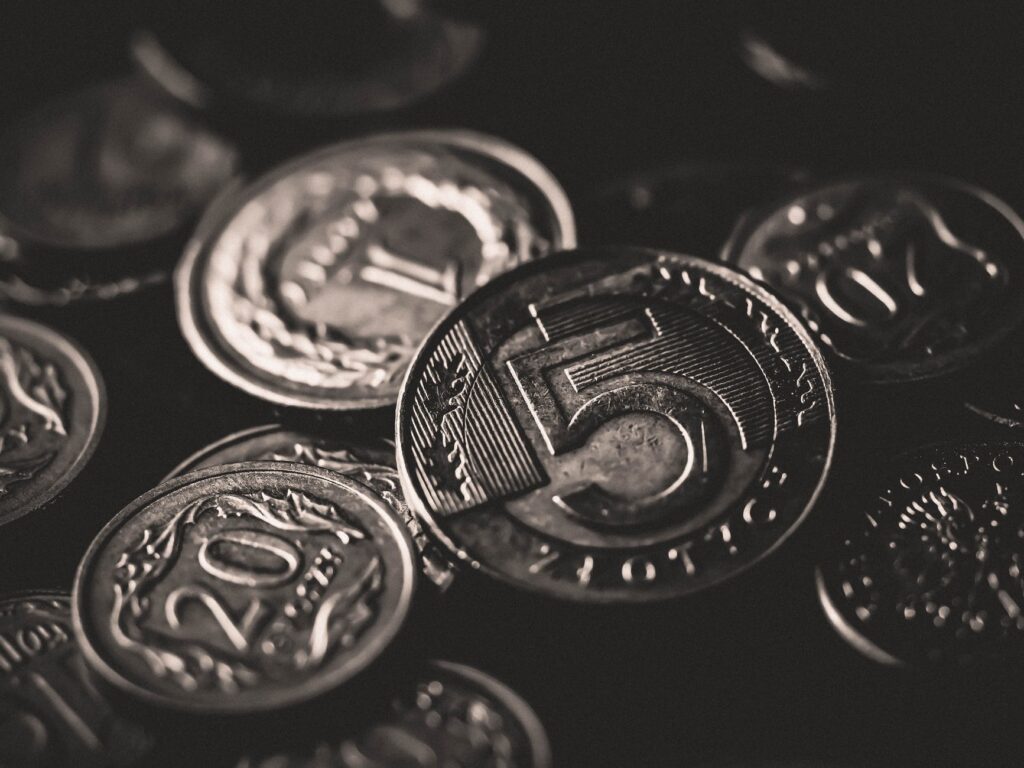
By Andrew Korybko, Substack, 1/15/24
Former Ukrainian MP Andrey Derkach dropped a bunch of bombshells about Biden’s corrupt dealings in Ukraine in a recent interview with Italian-American journalist Simona Mangiante. The takeaways can be read here, but they basically boil down to bribes and money laundering, among other crimes. While they might boost the Republicans’ impeachment efforts in the House where the opposition has a slim majority, their lack of a two-thirds majority in the Senate means that he won’t be removed from office.
Even so, these new allegations can still have an important impact on events, one that might be much more significant than his superficial impeachment by the House. Proceedings at that level have become politicized as proven by the Democrats’ witch hunt against Trump, which isn’t to say that the Republicans are carrying out their own against Biden, but just to emphasize that impeachment by the House has no tangible significance. At most, it’ll strengthen both parties’ efforts to get out the vote in November.
Where the actual importance of these latest allegations lies is in the larger context of the Ukrainian Conflict, which began to wind down late last year following the failure of Kiev’s counteroffensive and the consequent dwindling of Western aid. The Republicans already made their agreement on any more such deals contingent on robust border security reforms, but they might now also include the additional condition of a comprehensive joint investigation with Ukraine into Derkach’s bombshells about Biden.
If the opposition makes such a proposal, then there’s no way that the Democrats would agree, thus capsizing the possibility of any compromise on this issue until next year after November’s elections, which could shake up the congressional dynamics and potentially lead to Biden’s ouster as well. Furthermore, Zelensky’s regime can’t be counted on to assist any theoretical joint investigation in good faith since leading figures are also implicated in this corruption per Derkach’s revelations.
That particular point adds a curious twist to this scandal since it suggests that they might also be able to blackmail the Biden Administration, which provides a new layer of understanding to why the incumbent and his team have been so gung-ho about perpetuating NATO’s proxy war on Russia through Ukraine. Zelensky knows that any outcome short of the maximalist victory that he fantasizes about would kill his political career so he has self-interested reasons in wanting to turn this into a so-called “forever war”.
The US’ objective national interests aren’t served by depleting even more of its stockpiles and therefore reducing its ability to flexibly respond to foreign crises as they arise, or rather might even be provoked by America or its partners, hence why it’s become popular to talk about freezing the conflict. Former NATO Supreme Commander Admiral James Stavridis’ Korean-like “land-for-peace” armistice proposal last year could be a starting point but only if the West agrees to Russia’s security guarantee requests in Ukraine.
They’ve been reluctant to do so, however, hence why no progress has been made on this. One reason behind the US’ recalcitrance might not just be that it’s concerned about “losing face” upon reaching a pragmatic series of mutual compromises with Russia, but that Zelensky is blackmailing the Biden Administration that he’ll spill the beans if they dare to pursue this policy. Given his prior “godlike” status in the Western media, any corroboration of Derkach’s claims might be widely believed by Westerners.
They know that Zelensky isn’t a so-called “Russian agent” and have convinced themselves that he’s a “democratic freedom fighter” so it would be very damning to the incumbent Democrats’ reputation if he engaged in a “limited hangout” by sharing some relevant information. He of course wouldn’t implicate himself or his most loyal allies, but he could take down a couple less politically reliable officials in that event (perhaps as part of a purge) while possibly dooming Biden’s re-election and flipping the Senate.
Republican control of the White House and Congress coupled with what many regard as the right-leaning Supreme Court could lead to the Democrats’ worst nightmare of their opponents reversing most of Biden’s policies. Meanwhile, Zelensky’s worst nightmare is that Biden bows to the popular sentiment among Americans to scale back their country’s participation in this proxy war and coerce him to resume peace talks with Russia, so each can therefore keep the other in check through this mutual blackmail.
The legitimacy of both the Biden Administration and Zelensky’s regime is therefore dependent on each of them staying silent about their corruption scheme, but one or the other could at least in theory reveal some details about this if they begin to distrust the other or want to get rid of them. For instance, the Biden Administration could leak some information about Zelensky’s corruption to pro-Democrat media to pressure him into resuming peace talks or to pave the way for a “government of national unity”.
That proposal was pushed by a member of the influential Atlantic Council think tank last month in an article for Politico and could credibly be interpreted as a signal that the Biden Administration is beginning to get fed up with Zelensky. As for the Ukrainian leader, it was already explained that he might be the first to leak certain details about this scheme if he feels that the Democrats’ support for this proxy war is faltering, which could be one of his “nuclear options” in that case alongside a major false flag.
Circling back to Derkach’s latest corruption allegations, their impact in terms of the Ukrainian Conflict is much more important than the possibility of them aiding the Republicans’ efforts to impeach Biden in the House since they can’t remove him due to a dearth of support in the Senate. The Republicans could make support for more Ukrainian aid conditional on a joint investigation into these claims and/or the Biden Administration or the Zelensky regime could leak evidence if the other doesn’t do their bidding.
